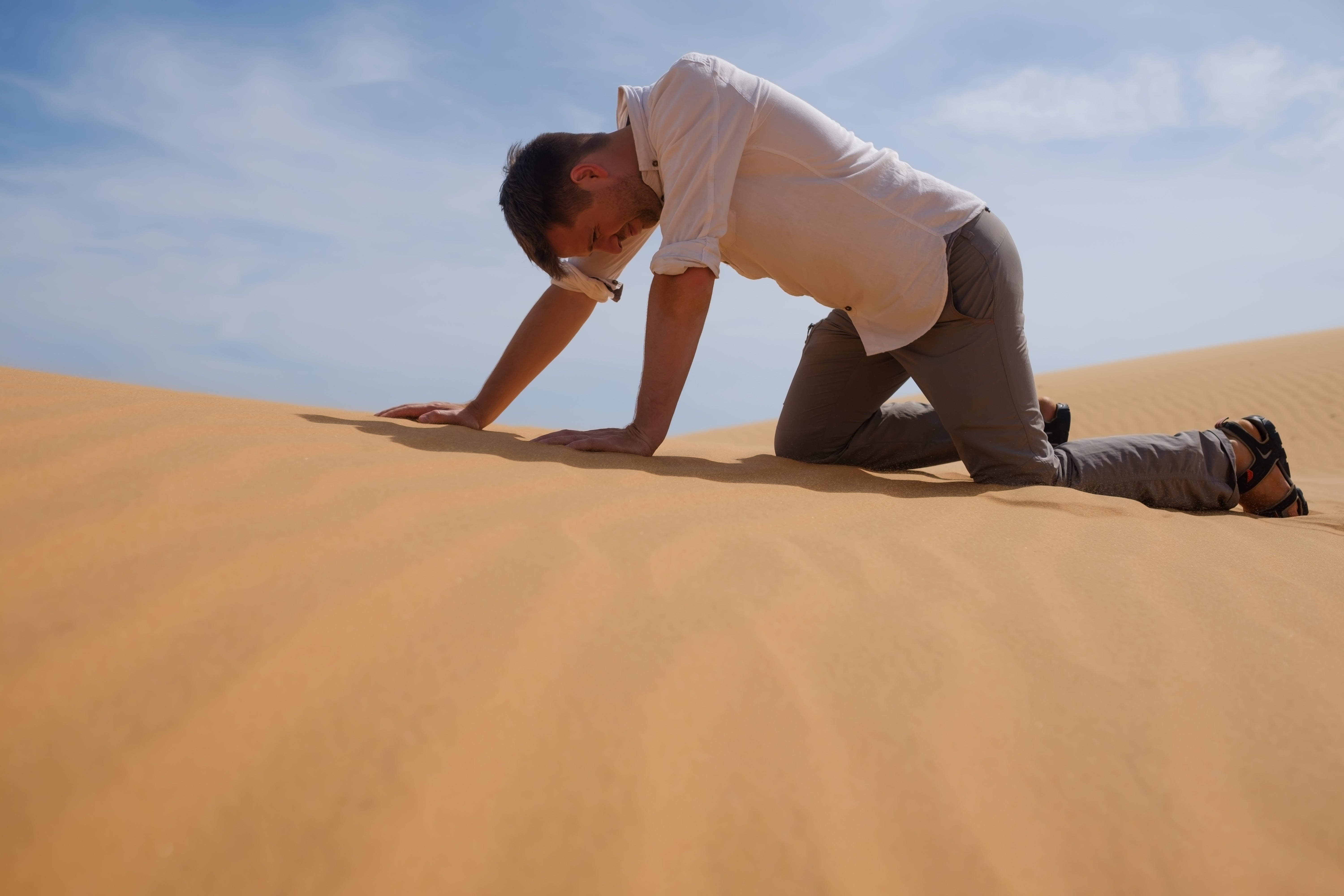Slate’s archives are full of fascinating stories. We’re republishing this article because it remains a reader favorite. It was originally published May 21, 2008.
A Chinese man trapped under a piece of ceiling managed to survive for more than six days after the massive earthquake in the Sichuan province on May 12—in part, reports the Wall Street Journal, by drinking his own urine. (He says he used “what felt like leaves” to pool his liquid waste.) How long can you survive by drinking pee?
An extra day or two, at best. A healthy person’s urine is about 95 percent water and sterile, so in the short term it’s safe to drink and does replenish lost water. But the other 5 percent of urine comprises a diverse collection of waste products, including nitrogen, potassium, and calcium—and too much of these can cause problems. When you drink your own pee, all the stuff that your kidneys had attempted to excrete comes right back into your stomach, and much of it ends up back in your kidneys. After several days of this, your urine will become highly concentrated with dangerous waste products, and drinking it can cause symptoms similar to those brought on by total kidney failure. At that point, you’re doomed either way—from dehydration on the one hand or renal meltdown on the other. (Even if one could filter out most of the unwanted products in urine, the cycle would not be sustainable for long. In addition to what he or she pees out, the average human excretes about half a quart of water a day through sweating and exhaling.)
Many survivors of horrendous accidents and disasters have said they drank their urine to stay hydrated—including Aron Ralston, the man who amputated his own arm to escape a boulder in a Utah canyon in 2003. * Nevertheless, the practice is not widely advised as a survival technique. The Army Field Manual (PDF) for survival, evasion, and recovery specifically lists urine on its “DO NOT drink” list along with seawater and blood. Drinking urine can be especially dangerous for survivors of crushing injuries. When muscle fibers are damaged, the cells can begin leaking potassium and phosphorous into the bloodstream. Even a victim with healthy kidneys might not be able to clear the dangerous build-up; someone who had been drinking his own urine would be at much greater risk. (For the same reason, a person drinking his own urine should stay away from high-potassium foods like bananas.)
Contrary to claims that urine has curative powers, urologists and nephrologists say that the increasing concentration of toxins will quickly do more harm than good. The American Cancer Society states that “[n]o well-controlled studies published in available scientific literature support the claims that urotherapy can control or reverse the spread of cancer.”
Got a question about today’s news? Ask the Explainer.
Explainer thanks Dr. Peter Aronson, Dr. William Elfarr, and Dr. Anthony Smith.
Correction, May 27, 2008: The article originally stated that Aron Ralston amputated his arm in 2005. The incident actually occurred in 2003. (Return to the corrected sentence.)
